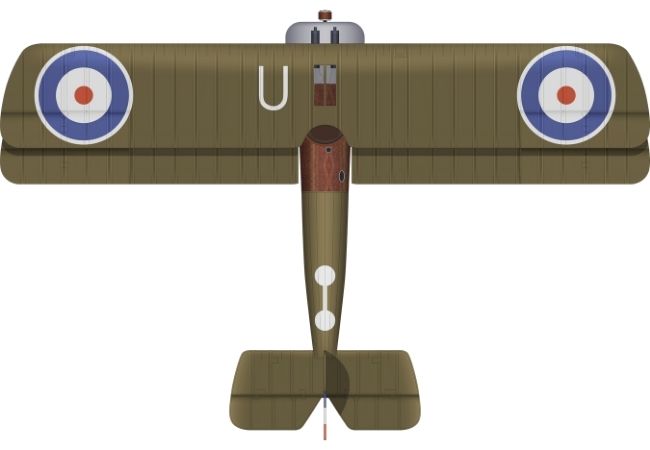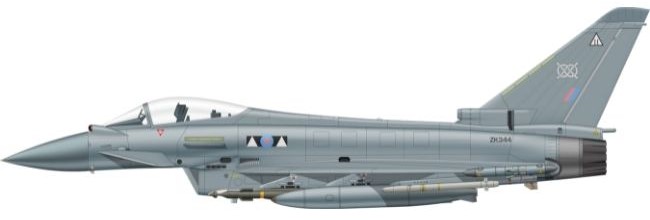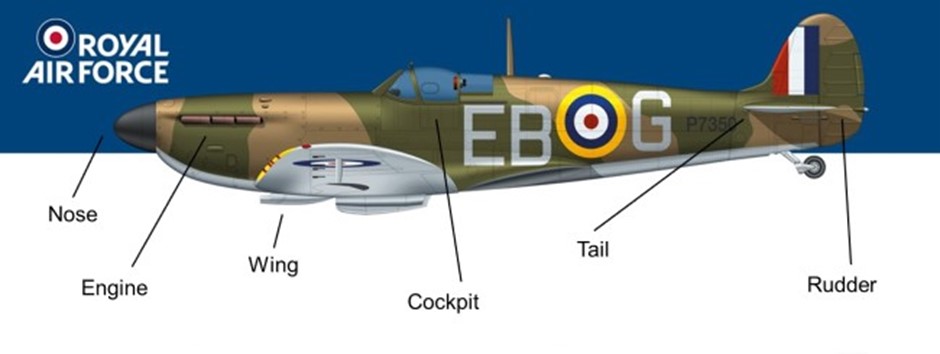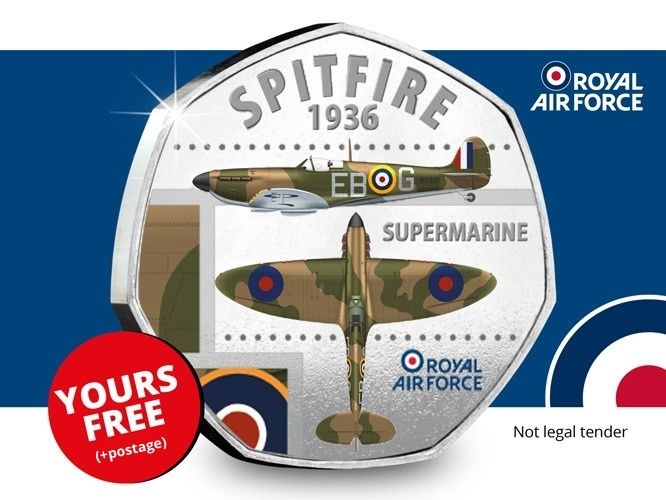4 monumental aircraft to the Royal Air Force’s history
The birth of the Royal Air Force (RAF) in 1918 was the first time there had been a separate and independent air force established in any country.
It soon became among the most dominant air forces globally.
The 1930’s saw public interest in aircraft increase dramatically and following World War Two (WWII), the demand for the number of aircraft to be built grew quickly in a very short space of time.
Throughout its life, the RAF has monitored the advances in aircraft for military use, and today displays some of the greatest developments in aircraft technology.
For nearly a decade we’ve worked in partnership with the RAF. In that time, we’ve preserved and celebrated over 100 years of history on official commemorative releases.
Let me tell you about 4 aircraft monumental during their existence.
The Sopwith F1 Camel
This Biplane fighter had only one seat and was given the nickname Camel after one squadron commented on its hump like appearance. A comment that would influence its official name.
Carelessness would get you killed in this aircraft.
Pilots had to be skilled to fly it, attentive and observant.
The Camel thrived in daylight but also succeeded at night.
The aircrafts actual nickname?
The King of the Air Fighters.

The Avro Lancaster
The Lancaster proved vital towards the end of WWII for Bomber Command. The aircraft helped Britain successfully undermine Nazi Germany from the air.
Lancaster crews risked their lives every time they took to the air in these bombers.
They showed tremendous bravery.
On average they carried out 21 missions before they were lost.
The Eurofighter Typhoon
A vision of the future.
This is how the RAF describe this 21st century Eurofighter Typhoon.
Did you know this aircraft can travel two times faster than the speed of sound? It uses cutting edge technology and has many advanced features.
The UK, Germany, and Italy all worked collaboratively on this aircraft, as they have done also with the tornado project for over several decades.

The Spitfire
The Spitfire is by far the most famous British fighter aircraft in history. It was designed by Reginald J Mitchell for the Second World War and there are many reasons why pilots fell in love with it.
It was a symbol of freedom.
The early Mark II could reach speeds of up to 360 mph.
The Spitfires sleek lines and elliptical shaped wings make it perhaps the most graceful fighter ever created.
Did you know that Mitchell’s first attempt to answer the British Air Ministry’s call for an all-metal land-based fighter aircraft was rejected?
It had a cooling system issue.
So, his team tried again.
And boy, did they triumph.
The new design had retractable landing gear, an enclosed cockpit and of course, the thin wing shape.

After the first flight of the prototype in 1936 only a few changes were made and by early June, the Air Ministry had ordered 310 Spitfires. By the outbreak of the Second World War, 306 Spitfires were in service with the RAF, along with 71 waiting and 2,000 in the pipeline.
If you’re interested…
The aircraft I have spoken about are intricately illustrated on our collection of commemoratives celebrating the History of the RAF.
The first one in the collection I hear you ask.
Well of course it must be the Spitfire.
Bill Dady, the renowned aviation artist, has designed this one.
Click here to start the History of the RAF Collection by securing your Spitfire Commemorative
for FREE >>

